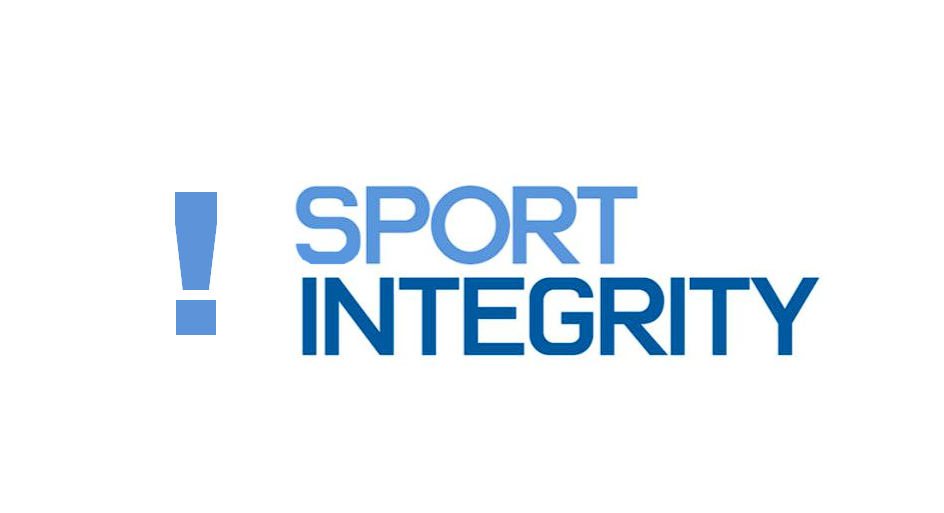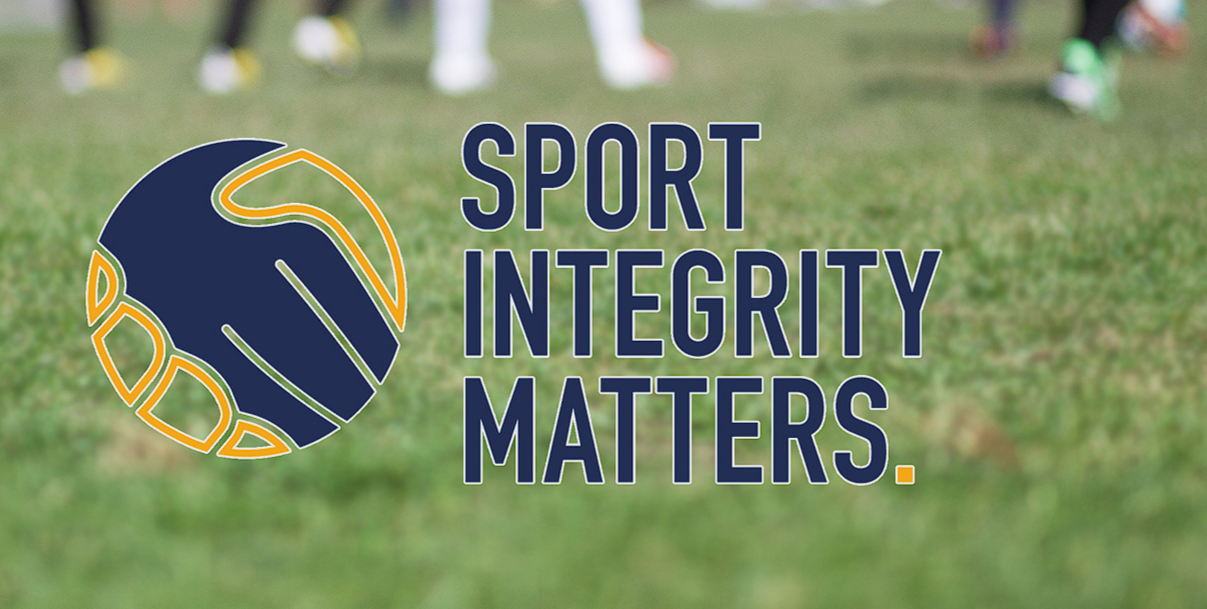Sports integrity is a critical aspect of the betting industry, ensuring fair play and maintaining the trust of bettors. With the increasing popularity of sports betting, the importance of sports integrity has never been greater. This article explores the significance of sports integrity, the threats it faces, and the measures taken to protect it.
What is Sports Integrity?
Sports integrity refers to the fairness and honesty of sporting competitions. It encompasses the principles of ethical behavior, respect for rules, and the absence of manipulation or corruption. Maintaining sports integrity is vital for the credibility and sustainability of the sports and betting industries.
Key Principles of Sports Integrity
- Fair Play: Ensuring that all participants compete on a level playing field without unfair advantages.
- Transparency: Promoting openness and accountability in sports governance and decision-making processes.
- Respect for Rules: Upholding the rules and regulations that govern sporting competitions.
- Ethical Behavior: Encouraging honesty, respect, and responsibility among all stakeholders.
Threats to Sports Integrity
Sports integrity faces several threats that can undermine the credibility of sporting competitions and the betting industry. Some of the most significant threats include:
- Match-Fixing: The manipulation of sporting events to achieve a predetermined outcome, often for betting purposes.
- Doping: The use of performance-enhancing substances to gain an unfair advantage in competitions.
- Corruption: Bribery, fraud, and other forms of corruption that compromise the integrity of sports.
- Illegal Betting: Unregulated and illegal betting activities that can facilitate match-fixing and other forms of manipulation.
Impact of Threats to Sports Integrity
- Loss of Trust: Threats to sports integrity can erode the trust of fans, bettors, and other stakeholders in the fairness of sporting competitions.
- Financial Losses: Manipulation and corruption can lead to significant financial losses for the sports and betting industries.
- Legal Consequences: Illegal activities related to sports integrity can result in legal penalties and damage to reputations.

Measures to Protect Sports Integrity
Protecting sports integrity requires a collaborative effort from various stakeholders, including sports organizations, governments, and the betting industry. Some key measures include:
- Regulation and Oversight: Implementing robust regulations and oversight mechanisms to monitor and enforce sports integrity.
- Education and Awareness: Raising awareness among athletes, officials, and other stakeholders about the importance of sports integrity and the risks of manipulation.
- Monitoring and Intelligence: Utilizing advanced monitoring and intelligence systems to detect and prevent match-fixing and other forms of manipulation.
- Collaboration: Fostering collaboration between sports organizations, law enforcement agencies, and the betting industry to share information and coordinate efforts.
Role of the Betting Industry
The betting industry plays a crucial role in protecting sports integrity. Some key responsibilities include:
- Responsible Betting: Promoting responsible betting practices and educating bettors about the risks of manipulation.
- Reporting Suspicious Activity: Implementing systems to detect and report suspicious betting activities to relevant authorities.
- Supporting Integrity Initiatives: Collaborating with sports organizations and other stakeholders to support initiatives aimed at protecting sports integrity.
Importance of Sports Integrity in Betting
Maintaining sports integrity is essential for the sustainability and growth of the betting industry. Here’s why:
- Fair Competition: Ensures that betting outcomes are determined by fair and honest competition, enhancing the trust of bettors.
- Market Confidence: Protects the confidence of the betting market by preventing manipulation and corruption.
- Legal Compliance: Ensures that the betting industry operates within the boundaries of the law, avoiding legal penalties and reputational damage.
Conclusion
Sports integrity is a cornerstone of the betting industry, ensuring fair play and maintaining the trust of bettors. By understanding the key principles of sports integrity, recognizing the threats it faces, and implementing measures to protect it, stakeholders can work together to safeguard the credibility and sustainability of sports and betting. The betting industry plays a crucial role in promoting responsible betting practices and supporting initiatives aimed at protecting sports integrity.

